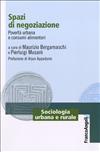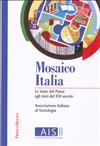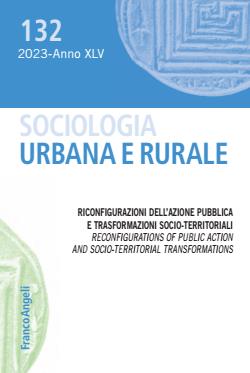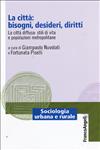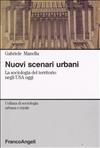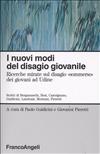The concept of community: how to use it in urban sociology? - My article makes some questions about the heuristic actuality of community as a concept for the urban sociology. Two meanings of community will be considered, the socio-cultural and the socio-spatial one; however, the first one will be stressed, where community is a quality of social relations. So, my framework will be the Weber distinction between community and association; I think it can be used more than the Toennies one in the current context. In other words, it is a question to insert such concept of community in a reflection about urban sociology, trying to individuate the sociospatial implications of community as a quality of social relations. In this sense, the link between community and natural area is extremely important. So, the concept of natural area is the one to focus on; in particular, I will stress that it can be only partially overlapped to community as a quality of social relations, and such overlapping is more and more problematic today. However, despite the difficulty in speaking about natural areas, I think that community is still useful at a micro-level; in fact, the way in which affectional soSummaries cial actions chart the urban space is a very important field of study. So, a shift from an "area" to an "interstice" logic should be required.
Key words: community, natural area, urban interstices, affective action.
